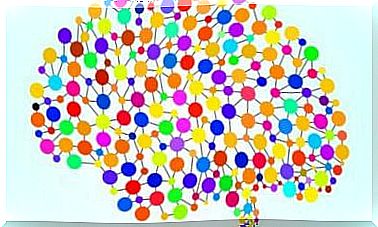Are You Active Or Reactive?

What does it mean to be active or reactive? It is possible that you have never reflected on these two concepts, even if they are particularly relevant in the workplace. These traits tend to influence the kind of career path you take, which is why we decided to explain them in more detail.
You probably have a friend or acquaintance who is always moving forward, making progress at work or in another aspect of their life. They are constantly looking for opportunities and challenges that push them to succeed. You probably also know someone who seems to be stuck in their job. They have no special ambitions. This is the main difference between a reactive and an active person.
Active people take the initiative
Are you still unsure whether you are active or reactive? Well, the first thing you should analyze is whether you take the initiative or not.
Initiative is related to a skill that is highly valued in the workplace: proactivity. You can read more about proactivity in this article from the Harvard Business Review: “Managing the Perks and Pitfalls of Proactive People.”

When you take the initiative, you perform certain actions that make you a producer instead of a recipient. For example, instead of waiting to find a job, contact the companies that interest you directly. You can do this by sending them an open application that discusses your interest.
This is a great way to tell if you are active or reactive. Active people rarely wait. They are not afraid to take the reins, try new things and move on. They experiment and make mistakes instead of waiting for things to happen.
If you are an active person, do not let a closed door, a “no” or a defeat stop you. You are proactive and keep trying. Believe it or not, this is the way to open new doors for you. Although it may not bear fruit immediately, it will help in the long run.
A reactive person is waiting for results
Now you should have a better idea of the difference between an active and a reactive person. If you did not identify yourself with the first description, you may want to do so with the second. What does it mean to be a reactive person?
To begin with, this does not necessarily mean that you are not dedicated to your job. Maybe you work a lot, but always get the same results. You are the wall decoration that no one sees. Why? Because you did not tell anyone you were there. You can even hide your skills as if you were ashamed of them.
Sometimes you can feel comfortable being a reactive person. Other times, however, you wish you were more active, even if you do not know how to do it.
Being reactive means that you find it difficult to move on. You think it’s easier to stay in your comfort zone.

The two sides of the reaction
It is your choice whether you want to be an active or reactive person, and the results and success will depend on that choice. If you are a reactive person, you can feel happy in your endless routine. But if you want something more, this attitude can become a real obstacle.
What happens when you wait for things to happen? Well, you will probably feel frustrated, and just complain and whine about bad luck. As we mentioned earlier, it happens partly because you want to be proactive but do not know where to start.
If you tend to be a reactionary person, it makes you uncomfortable to take action. However, that is not a bad thing. This means that you are flexible enough to take action when you need it.
Are you more active or reactive? It is important to remember that neither of them is better than the other. They are simply different strengths that will put you on different paths. The nice thing about it is that you can always choose the one that suits you best.









